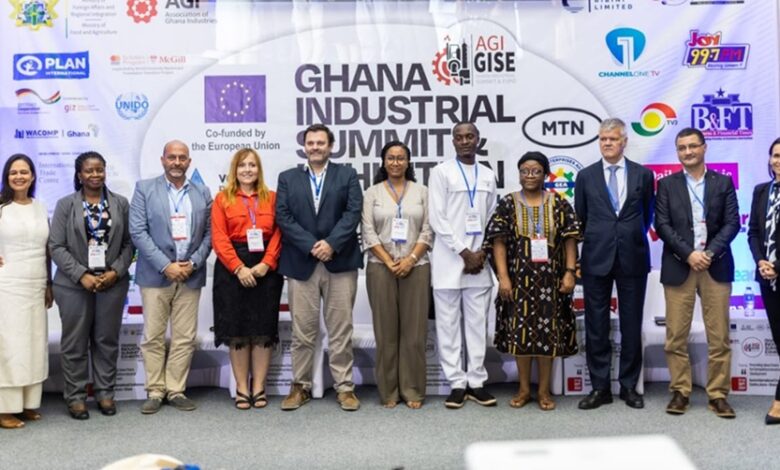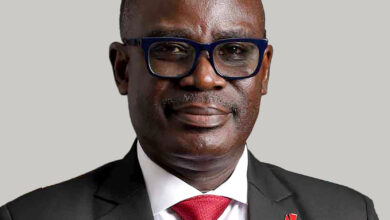EU commits to advanced digital farming practices in Ghana

Madam Malgorzata Pitura, Programme Officer, Economic, Private Sector and Trade Section, European Union (EU) Delegation to Ghana has reiterated the EU’s commitment to the advancement of digital farming practices in Ghana.
She said the EU believes that in Ghana, the digitalization of practices in the farming sector could be advanced, and “that is why we have come up with a study financed by the EU and implemented by the Council of Scientific and Industrial Research.”
“The study has analyzed small holder, medium holder and large-scale holder farmers as regards the level of use of digital technologies, the use of computers, laptops, mobile phones, and other technologies such as digital weather checks.”
Speaking at the EU session on agribusiness on the sidelines of the 2024 Ghana Industrial Summit and Exhibition (GISE), organised by the Association of Ghana Industries (AGI), she said the result of the research had showed an uptake already and that more could be done.
The EU session was on the theme, “Promoting industrial development and digitalization of the Ghanaian agribusiness sector: challenges and opportunities”
Madam Pitura said more attention should be given to remote areas where internet connectivity was unreliable and then also the people, the farmers, who do not always have the necessary equipment to be connected to markets, saying digital technology is an enabler of connecting to the markets, of knowing about the latest trends, and weather updates.
“This is why we want to be the prime partner of the Ghanaian farmers in digitalization of the farming practices”
She noted the EU had for the past seven years invested about 200 million Euros in programmes of support to agri-businesses.
Madam Pitura said the EU was also supporting Agri-entrepreneurs through capacity building programmes. “We often choose specific value chains to support regarding sustainable practices. Sustainability is about going green or going environmentally friendly or social sustainability. These programmes usually relate to showing the entrepreneurs what they can do to limit pollution, to limit the waste.”
She added that a lot of these programmes had taken place, but more were in the pipeline as they were looking forward to accompanying Ghanaian agri-businesses.
Madam Pitura urged the Government to make a digital agriculture policy, saying “in my view digital uptake would be the best. It should be something that the government is seriously committed to and must produce a proper implementation plan for every region. So that farmers everywhere are helped and supported in this regard.”




